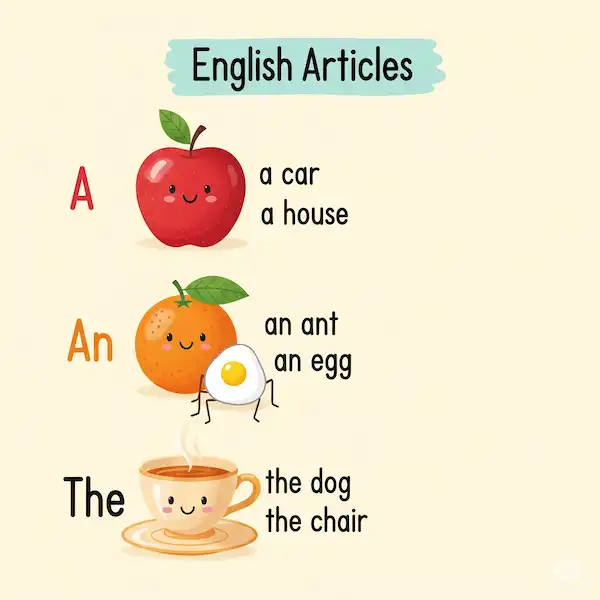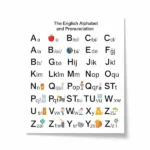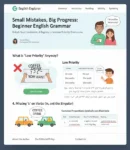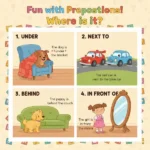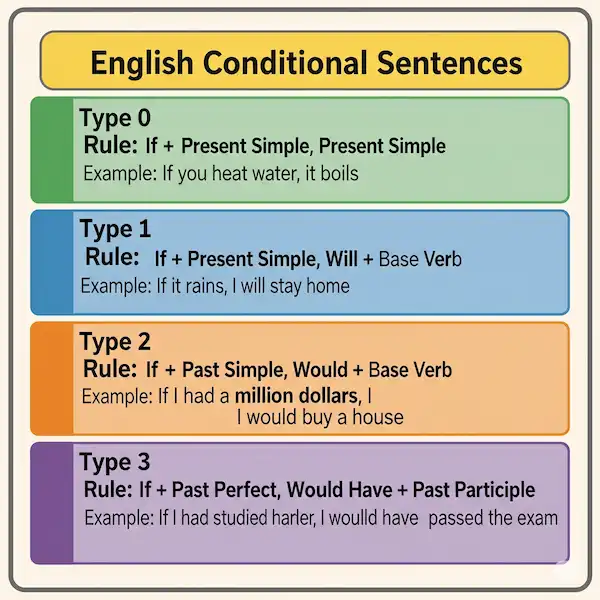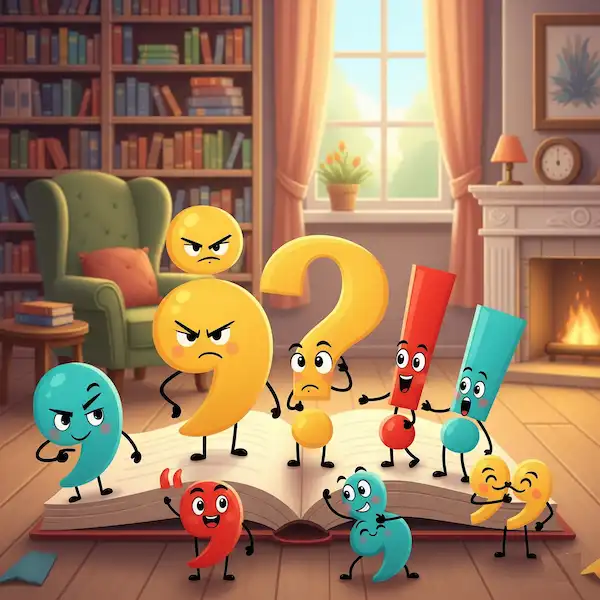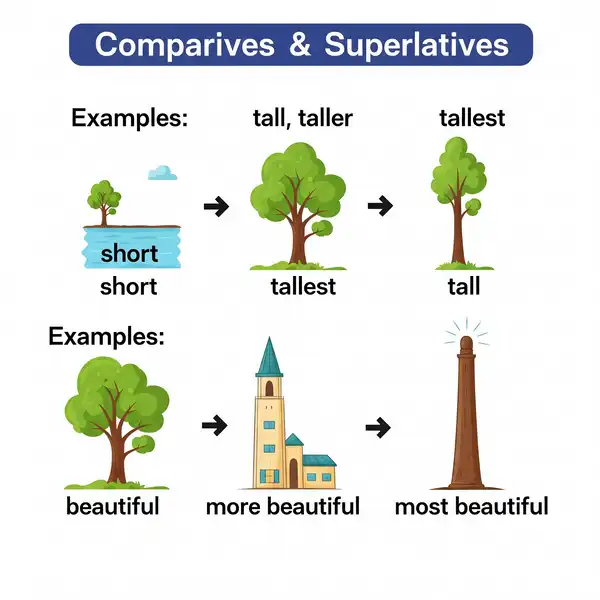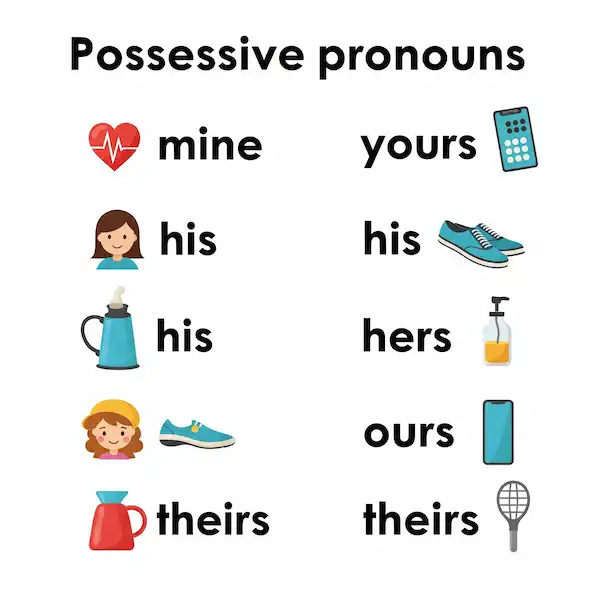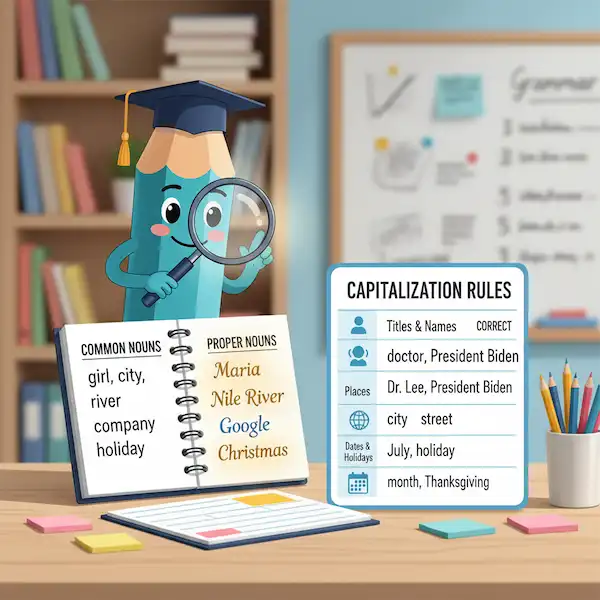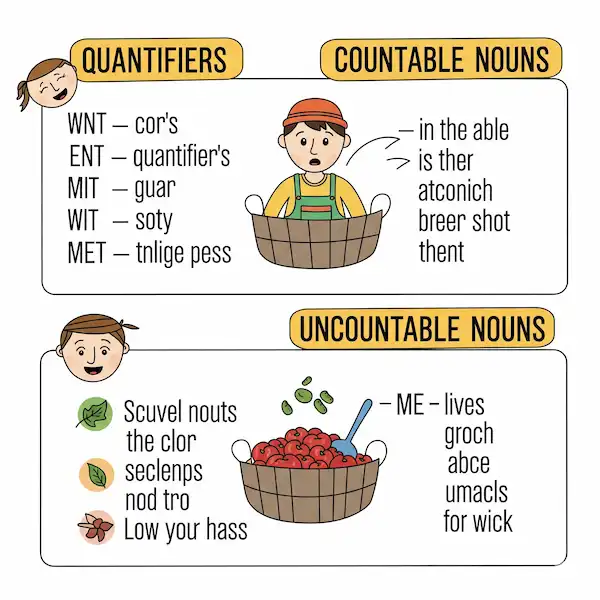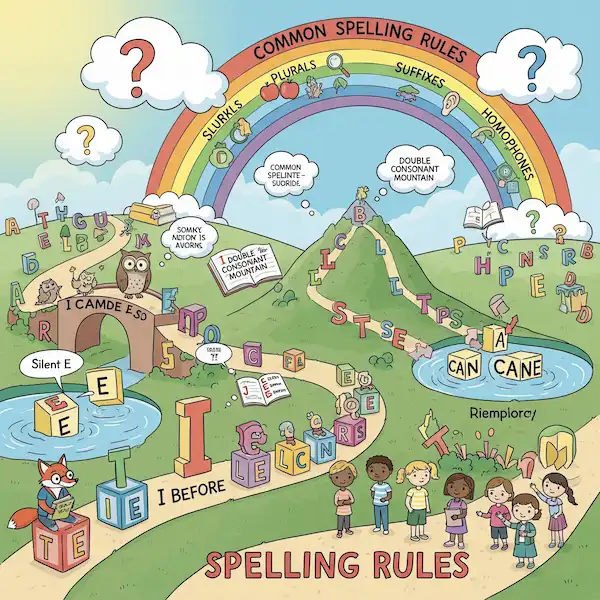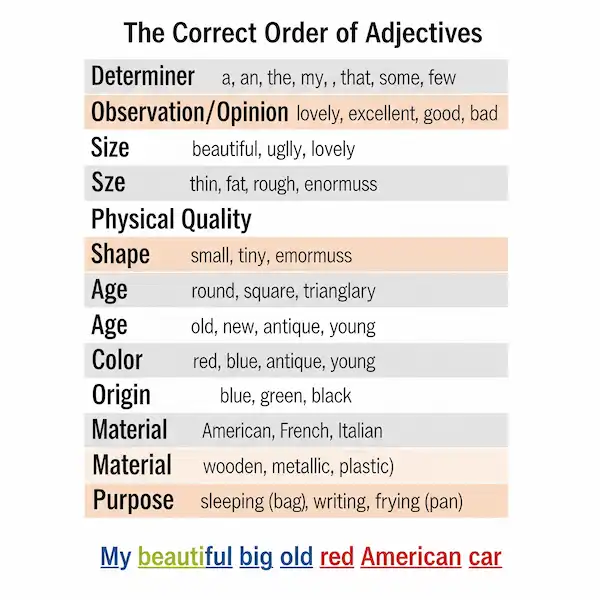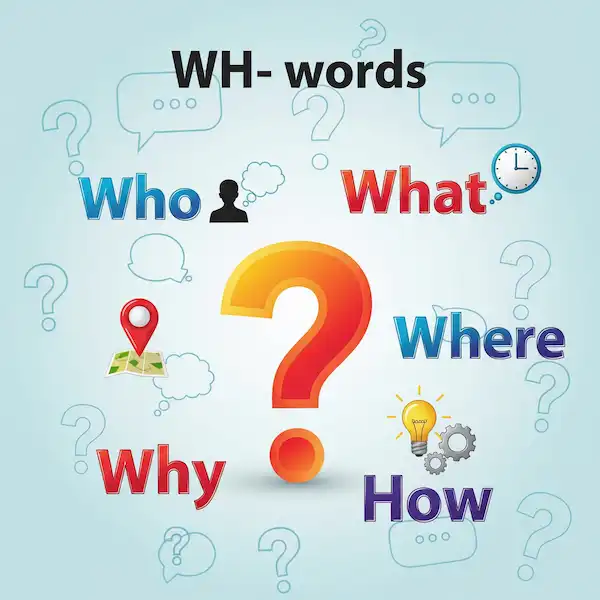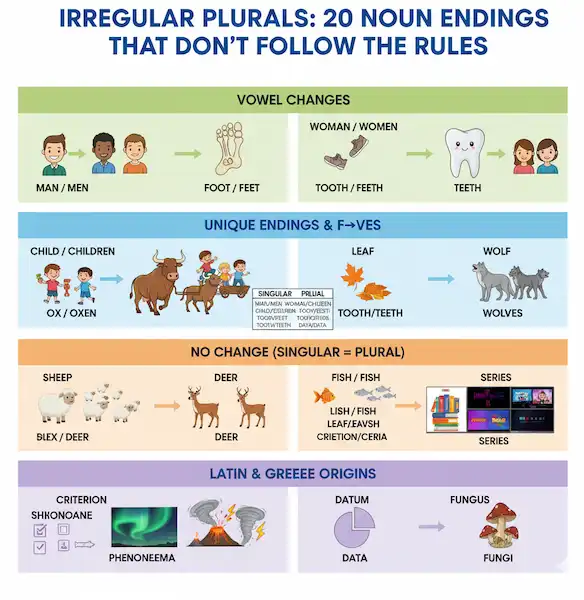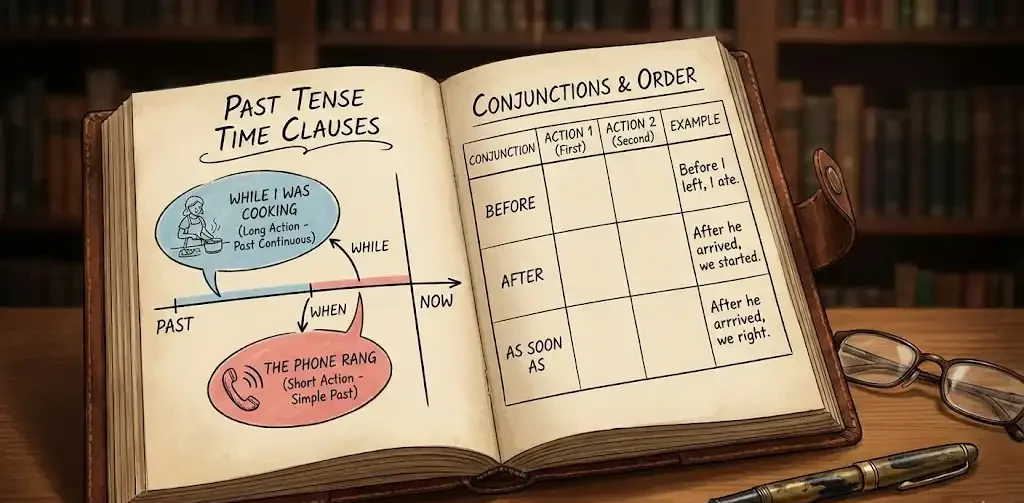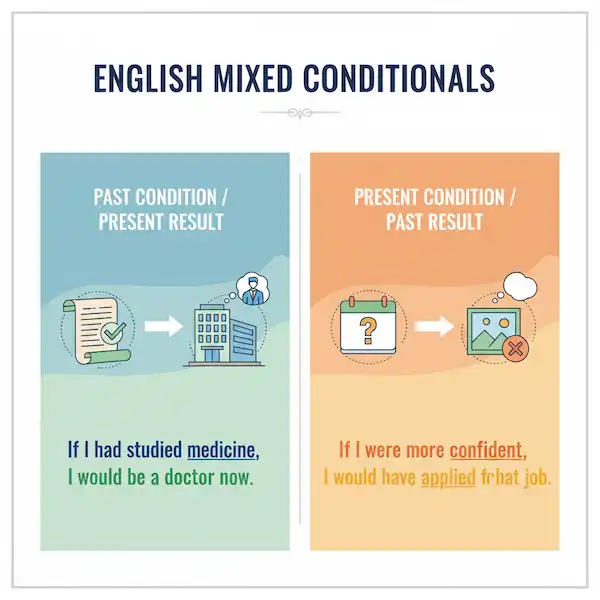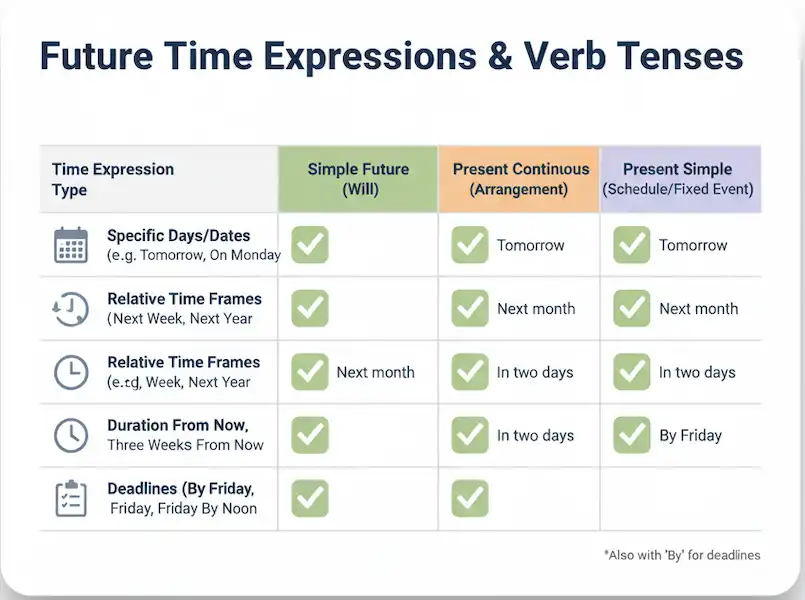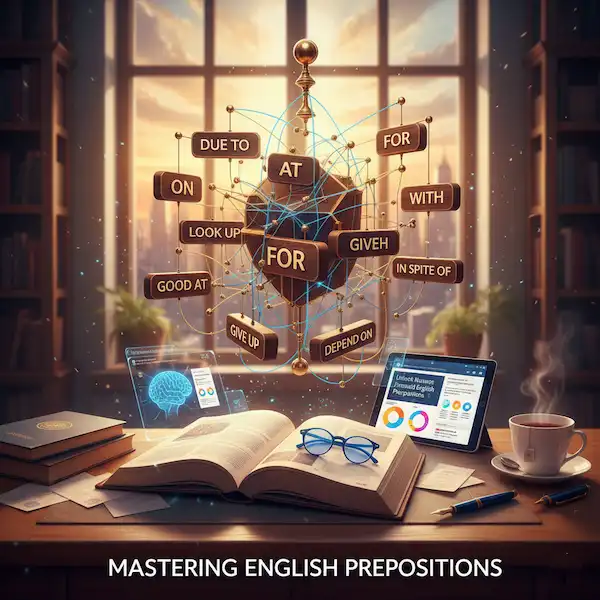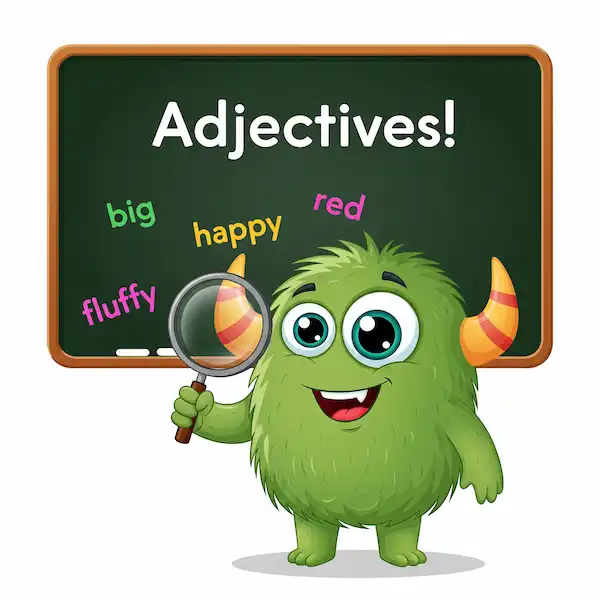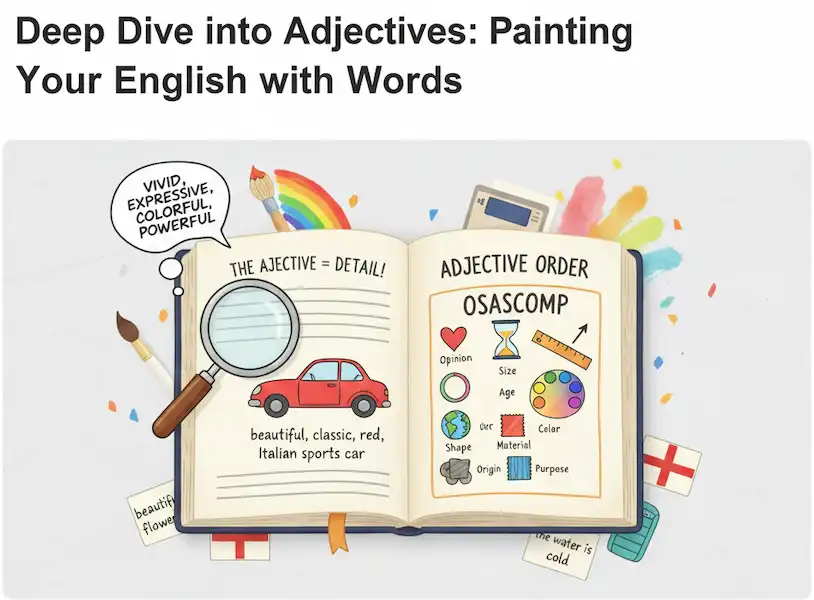When to Use ‘A’, ‘An’, ‘The’ for English Students
You’re in the right place to conquer those tricky English articles: ‘a’, ‘an’, or ‘the’! As a beginner English student, you’ve probably noticed these little words popping up everywhere, and sometimes it feels like a guessing game when to use which one. Don’t worry, you’re not alone, and by the end of this article, you’ll have a much clearer idea of how to use them correctly.
Why Are English Articles So Important?
Articles might seem small, but they play a big role in how clear and natural your English sounds. They tell your listener or reader whether you’re talking about something general or something specific. Think of them as tiny signposts guiding your audience through your sentences.
The Two Main Types of English Articles: Indefinite and Definite
English grammar has two types of articles:
- Indefinite Articles: ‘A’ and ‘An’
- Definite Article: ‘The’
Let’s break them down.
Part 1: The Indefinite Articles – ‘A’ and ‘An’
‘A’ and ‘An’ are called “indefinite” because they refer to any single, non-specific item. They’re like saying “one of many” or “any one.”
When to Use ‘A’ and ‘An’ Examples:
- When you’re talking about a singular, countable noun for the first time:
- Example: “I saw a dog.” (Any dog, not a specific one yet.)
- Example: “She wants an apple.” (Any apple, not a specific one.)
- When you’re introducing something general:
- Example: “I need a pen to write.” (Any pen will do.)
- Example: “He is an excellent student.” (Describes a general quality.)
- When you’re talking about someone’s profession:
- Example: “My father is a teacher.”
- Example: “She is an engineer.”
- With certain expressions of quantity:
- Example: “a lot of”
- Example: “a few”
The ‘A’ vs. ‘An’ Rule: It’s All About the Sound!
This is where many beginners get confused, but it’s simpler than you think. The choice between ‘a’ and ‘an’ depends on the sound of the word that follows, not necessarily the letter it starts with.
- Use ‘A’ before words that start with a consonant sound:
- a book
- a car
- a happy day
- a university (even though “university” starts with a ‘u’, it has a “yoo” sound, which is a consonant sound)
- a European country (starts with a “yoo” sound)
- Use ‘An’ before words that start with a vowel sound (a, e, i, o, u):
- an apple
- an elephant
- an ice cream
- an orange
- an umbrella
- an hour (even though “hour” starts with ‘h’, the ‘h’ is silent, so the word begins with an “ow” vowel sound)
- an honest person (silent ‘h’)
Tip: Try saying the word out loud. Does it start with a clear vowel sound or a consonant sound?
Part 2: The Definite Article – ‘The’
‘The’ is called the “definite” article because it refers to a specific item or items that both the speaker/writer and the listener/reader already know about or understand from the context.
When to Use ‘The’:
- When you’ve already mentioned the noun:
- Example: “I saw a dog. The dog was very friendly.” (First time, ‘a’ dog. Second time, we know which dog, so ‘the’ dog.)
- Example: “She bought a new book. The book is about history.”
- When there’s only one of something, or it’s unique:
- Example: “The sun is shining.” (There’s only one sun in our solar system.)
- Example: “The President of the United States.” (Only one president at a time.)
- Example: “The Eiffel Tower.” (There’s only one Eiffel Tower.)
- When the noun is understood from the context:
- Example: “Could you please close the door?” (The listener knows which door you’re talking about – probably the one in the room you’re in.)
- Example: “I’m going to the market.” (It’s understood which market you usually go to, or the main market in the area.)
- With superlatives (the best, the tallest, the most interesting):
- Example: “She is the smartest student in the class.”
- Example: “This is the most delicious cake I’ve ever eaten.”
- With groups of people or nationalities (as a whole):
- Example: “The rich should help the poor.”
- Example: “The French are known for their cuisine.”
- With musical instruments:
- Example: “He plays the guitar.”
- Example: “She’s learning to play the piano.”
- With names of rivers, mountain ranges, oceans, and specific landmarks:
- Example: “The Nile River”
- Example: “The Himalayas”
- Example: “The Pacific Ocean”
- Example: “The Great Wall of China”
- When referring to an entire family:
- Example: “The Smiths are coming to dinner.”
Part 3: When to Use NO Article (Zero Article)
Sometimes, you don’t use an article at all! This is called the “zero article.”
When to use the zero article:
- With plural countable nouns or uncountable nouns when speaking generally:
- Example: “I love dogs.” (Talking about dogs in general, not specific dogs.)
- Example: “Water is essential for life.” (Talking about water in general.)
- Example: “I enjoy listening to music.” (General music.)
- With proper nouns (names of people, places, specific companies, most countries):
- Example: “John lives in London.”
- Example: “I work for Google.”
- Example: “She is from Cambodia.” (But: “The United States,” “The Philippines,” “The United Kingdom” are exceptions because they refer to a group of states/islands/kingdoms).
- With names of languages, academic subjects, and sports:
- Example: “I am learning English.”
- Example: “She studies Mathematics.”
- Example: “He plays football.”
- With abstract nouns (ideas or concepts) in a general sense:
- Example: “Happiness is important.”
- Example: “Freedom is a human right.”
- Before meals:
- Example: “I have breakfast at 7 AM.”
- Example: “What’s for dinner?”
- Before certain places and institutions when you’re talking about their purpose:
- Example: “I go to school every day.” (Talking about the purpose of learning, not a specific building.)
- Example: “He is in hospital.” (Talking about being a patient, not a specific hospital building.)
- Example: “She goes to church on Sundays.”
Putting It All Together: Practice Makes Perfect!
The best way to master articles is to practice regularly. Pay attention to how native speakers use them in movies, songs, and conversations. Read as much as you can in English, and try to identify why each article is used.
Let’s try a quick quiz:
Fill in ‘a’, ‘an’, ‘the’, or leave blank (zero article):
- I need ____ new phone.
- Can you pass me ____ salt? (Assume there’s only one salt shaker on the table.)
- ____ cats are very independent animals.
- She ate ____ orange for breakfast.
- ____ Mount Everest is ____ highest mountain in ____ world.
- He is ____ honest man.
- Do you like ____ coffee?
Answers:
- I need a new phone.
- Can you pass me the salt?
- Cats are very independent animals. (general)
- She ate an orange for breakfast.
- Mount Everest is the highest mountain in the world.
- He is an honest man.
- Do you like coffee? (general)
Here is a PDF worksheet you can download with 25 practice sentences using English Articles, The answers are on a separate page.
Additional Helpful Content About English Articles for Beginners:
- Don’t Be Afraid to Make Mistakes: Everyone learning a new language makes mistakes. It’s a natural part of the learning process. The more you use articles, the more natural they will become.
- Listen Actively: Pay close attention to how native English speakers use articles in their everyday conversations. This can help you internalize the patterns.
- Read, Read, Read: Reading English books, articles, and websites exposes you to correct article usage in context. Don’t just read for meaning; read to notice grammar.
- Keep a Grammar Notebook: Write down the rules and examples that you find most challenging. This active learning can help solidify your understanding.
- Use Online Resources: There are many excellent websites, apps, and YouTube channels dedicated to English grammar. Take advantage of them!
Additional helpful information
- Some important information about using verbs – What are Verbs? How to use Verbs When Speaking English?
- Detailed examples about using possessive pronouns – Possessive Pronouns: My, Your, His & Her Explained
External Links for Authoritative Sources:
- Purdue OWL (Online Writing Lab) – Articles: This is a highly respected resource for English grammar and writing.
- British Council – Articles: The British Council offers excellent resources for English learners.
- Grammarly Blog – A vs. An vs. The: A popular writing assistant with helpful explanations.
By understanding and practicing these rules, you’ll be well on your way to mastering English articles and speaking and writing with greater confidence and accuracy! Keep practicing, and you’ll get there!
